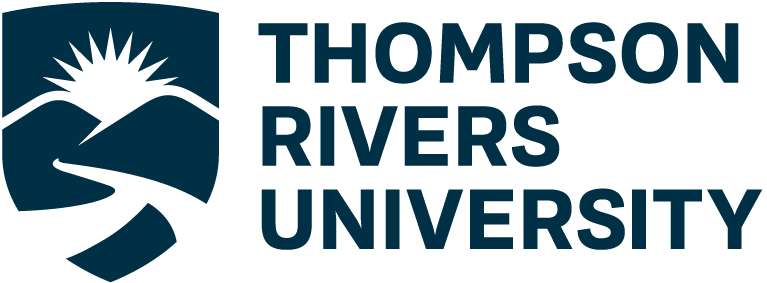CONNECT: With community.
Why is it important to connect with your community?
By consulting with your local community, you can find research questions that are relevant on a smaller scale and answers that will directly benefit the people and environment around you. Not all research questions need to address the biggest world problems and some of the best research can be applied to your immediate community.
How can my research help me connect beyond the community?
Doing research allows you to join a group of people from around the world who are interested in being curious and excited about making discoveries. Joining this network can provide you with future opportunities at other universities, give you new ideas for your own research, and supply you with diverse perspectives to enhance your learning.

